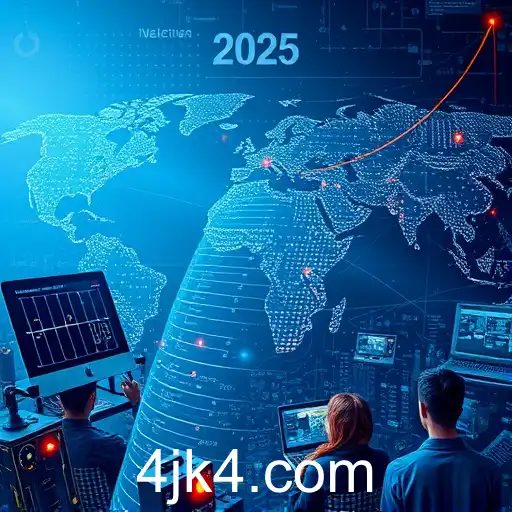
Exploring the transformative role of Artificial Intelligence in modern education systems and its global implications.
In recent years, the integration of Artificial Intelligence (AI) in education has become a hot topic, sparking discussions about its potential to revolutionize traditional learning environments. As schools and universities across the globe continue to adopt innovative technologies, the impact of AI on education is becoming increasingly significant.
AI in education is not just about automated grading or adaptive learning systems. It encompasses a broad range of applications that enhance student engagement and personalize learning experiences. For instance, AI-powered platforms can analyze individual student's learning habits and tailor content accordingly, ensuring that each learner progresses at their own pace.
The global pandemic accelerated the need for technology-driven solutions, highlighting both the potential and challenges of AI in education. With remote learning becoming the norm for many, AI tools have helped bridge educational gaps, providing additional support to students who need it most.
However, the rise of AI in classrooms also raises important questions about data privacy and the role of educators in an AI-driven learning environment. Teachers are now tasked with navigating these advanced tools while maintaining a human touch that technology cannot replicate.
Reports suggest that countries investing heavily in AI for education are already seeing benefits, with improved student outcomes and increased accessibility to quality education, particularly in remote and underserved regions. This trend is likely to continue as more countries recognize the potential of AI to democratize education.
The dynamic between AI and education is continually evolving, with developments such as AI tutors, intelligent content creation, and personalized curricula. These innovations promise to not only change how we learn but also challenge traditional roles within educational systems.
As we delve further into the possibilities AI presents, it is crucial that educators, policymakers, and technologists collaborate to ensure that these advancements are used ethically and equitably. The future of education, heavily influenced by AI, depends on our ability to harness its potential while addressing the societal implications that come with it.




